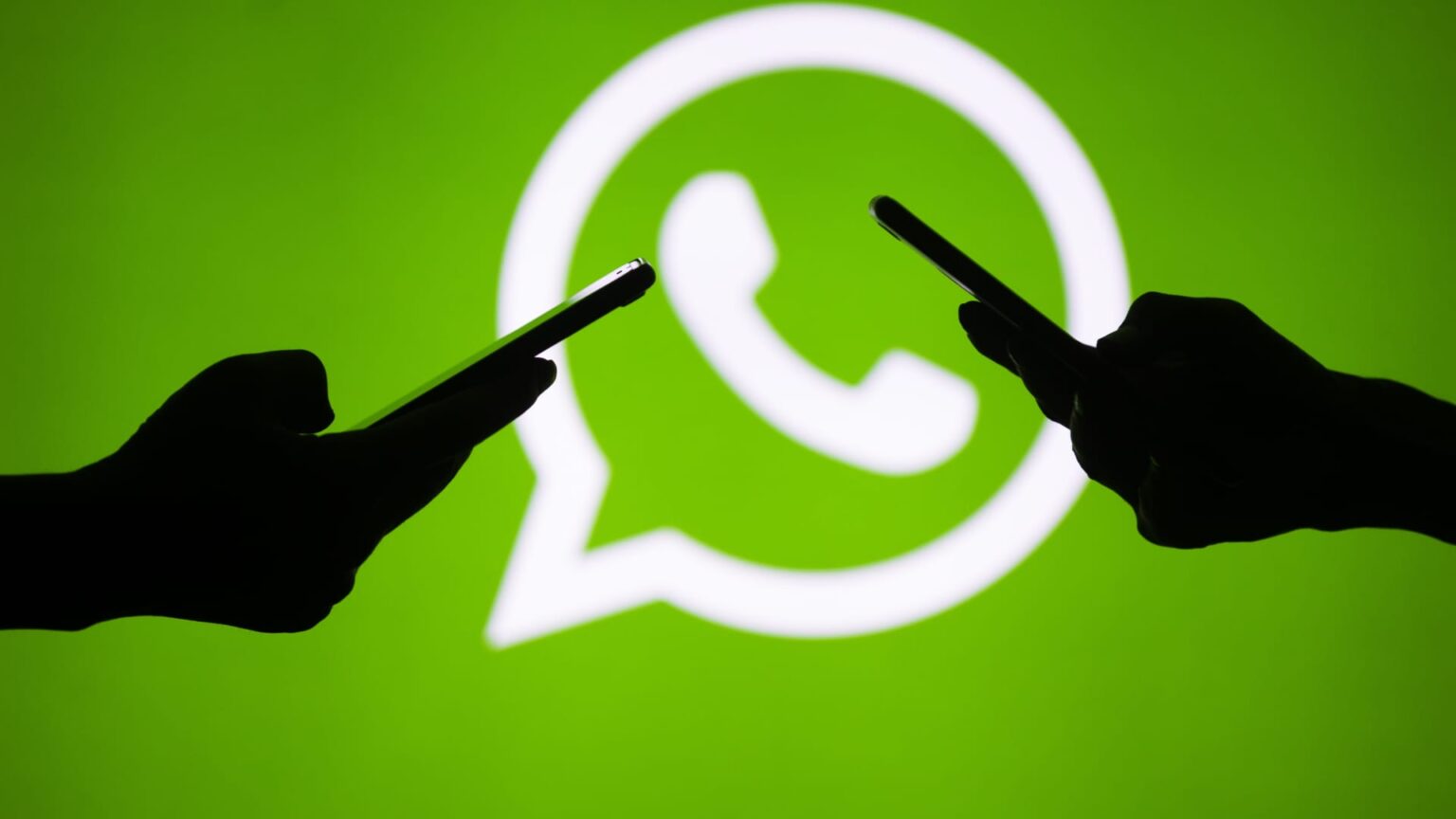It took 11 years since Facebook acquired it for $19 billion, but Meta is finally bringing ads to WhatsApp, marking a major change for an app whose founders shunned advertising.
Meta announced Monday that businesses will now be able to run so-called status ads on WhatsApp that prompt users to interact with the advertisers via the app’s messaging features. The ads will only be shown to users within WhatsApp’s “Updates” tab to separate the promotions from people’s personal conversations. Additionally, Meta will begin monetizing WhatsApp’s Channels feature through search ads and subscriptions.
The debut of ads on the messaging app represents a significant step in Meta CEO Mark Zuckerberg’s plans to make WhatsApp “the next chapter” in his company’s history, as he told CNBC’s Jim Cramer in 2022. The move to monetize WhatsApp also comes amid Meta’s high-profile antitrust case with the Federal Trade Commission over the company’s blockbuster acquisitions of the messaging app and Instagram.
Already, Meta allows advertisers to run so-called click-to-message ads on Facebook and Instagram that steer users to WhatsApp where they can directly engage with businesses. Messaging between brands and consumers “should be the next pillar of our business,” Zuckerberg told analysts in April, adding that WhatsApp now has over 3 billion monthly users, including “more than 100 million people in the U.S. and growing quickly there.”
Now, companies can run those kinds of ads within WhatsApp itself. The new status ads appear in a user’s Updates tab within that tab’s “Status” feature that can be used to share pictures, videos and text that vanish after 24 hours, akin to Instagram Stories.
Since Meta bought WhatsApp in 2014, the popular messaging app has continued to grow worldwide. But unlike Facebook, Instagram and most recently Threads, WhatsApp has never allowed advertising.
WhatsApp’s co-founders, Jan Koum and Brian Acton, were public in their scorn for the advertising industry, and the duo left Facebook after reportedly clashing with executives who were eager to inject the app with advertising and other practices they shunned.
The social media company does not reveal WhatsApp’s specific sales, but analysts have previously estimated the app’s revenue to be between $500 million and $1 billion from charging businesses for tools and services so they can message customers on the app.
Meta will “use very basic information” to recommend which ads to show WhatsApp users, Nikila Srinivasan, Meta’s head of product for business messaging, said Friday. This includes a person’s country, city, device, language and data like who they follow or how they interact with ads.
The company debuted WhatsApp’s Updates tab in June 2023 along with an accompanying Channels feature that allows people and organizations to send broadcast messages and updates to their followers as opposed to personal conversations. Meta will also monetize the Channels feature, the company said Monday.
Organizations and people who are Channel administrators will now be able to spend money to boost the visibility of their respective Channels when a person searches for them via a directory, similar to ads on Apple’s and Google’s app stores.
Additionally, channel administrators will be able to charge users monthly subscription fees to access exclusive updates and content, Meta said Monday. The company will not immediately make money from those monthly subscription fees, but it plans to eventually take a 10% cut of those subscriptions, a spokesperson said.
Meta hopes that by limiting its new ads to WhatsApp’s Updates tab it will disrupt users as little as possible, Srinivasan said. Users’ status updates as well as personal messages and calls on WhatsApp will remain encrypted, she said.
“We really believe that the Updates tab is the right place for these new features,” Srinivasan said.

